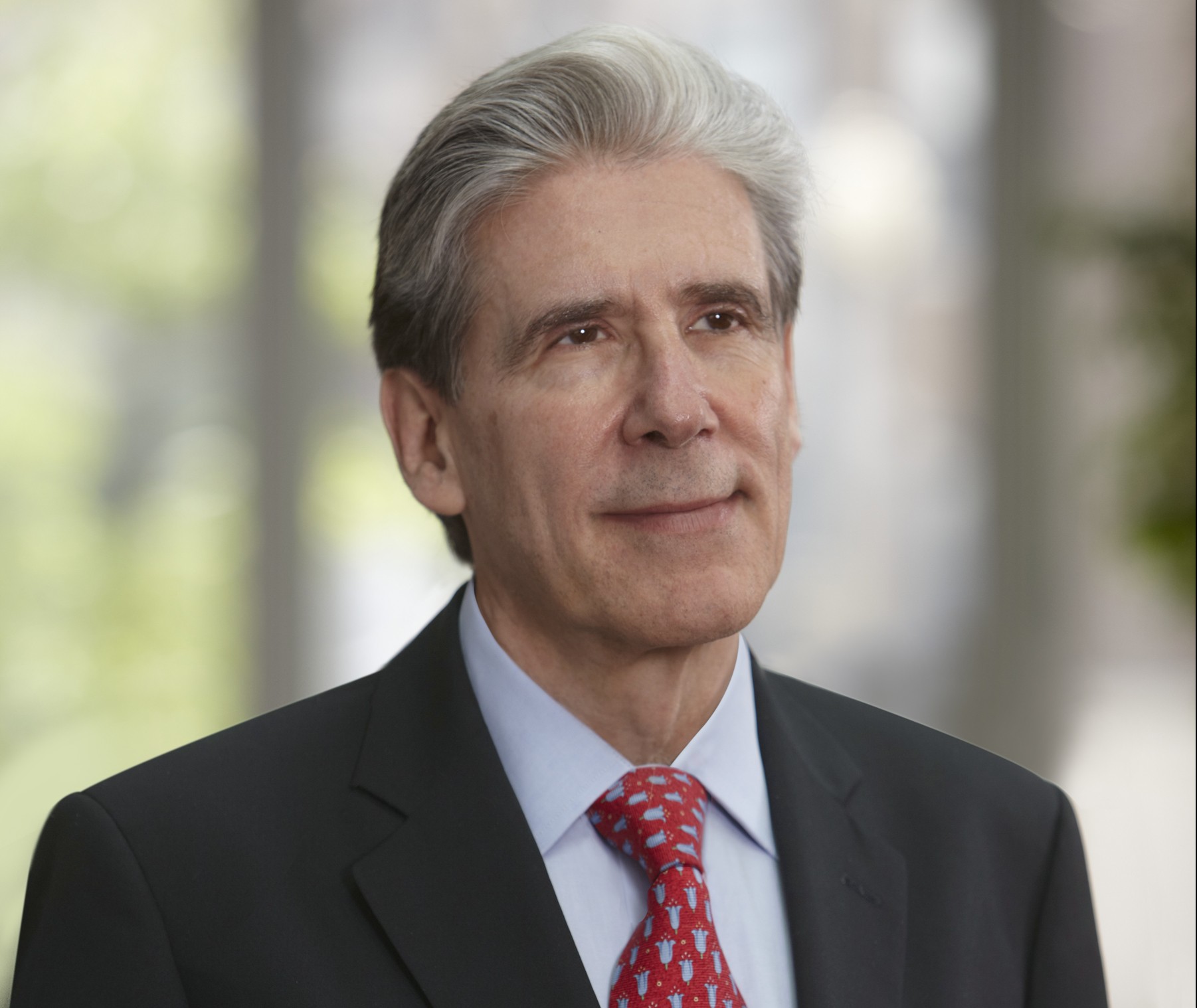Dear University of Miami Family,
Universities command powerful resources at our very core — education, research and the ability to convene the kinds of conversations that can transform the world. Universities can also serve as models for society and lead the way toward enlightened change.
The University of Miami, like many colleges and universities across the nation, is taking a comprehensive and deeply introspective look at racial issues on our campuses. Our University can be proud of the diversity of its student body as well as our ongoing efforts to promote a climate of inclusion, but as I noted in my letter of November 12, we must do more to build a culture of belonging — a place where everyone, regardless of their race or ethnicity, feels safe, valued, and respected.
To accomplish this, we have made a university-wide commitment to an open and ongoing dialogue on race. We are also taking actions that will help us move forward in addressing complex issues — from overt acts of racism and divisive, damaging speech fueled by the anonymity of social media to explicit or implicit biases that arise in our interactions, policies and procedures. All of these have a negative impact on the success of each student and on our effectiveness as an institution of learning and social progress.
The creation of the Task Force to Address Black Students’ Concerns in the spring of 2015 was a significant first step. The Task Force assessed the current climate on our campuses and made recommendations to improve the student experience for everyone and, in particular, for black students. A number of recommendations are already in various stages of implementation and others will become evident during the upcoming semester.
I am pleased to announce the establishment of the University of Miami Standing Committee on Diversity and Inclusion. Reporting to the executive vice president and provost, this committee is entrusted with researching, recommending, and promoting educational and programmatic efforts that are consistent with UM’s unwavering dedication to diversity and inclusion. Among the other activities of the committee are analyzing strategies to enhance our educational efforts around these topics.
Second, the Task Force was unanimous in asserting the critical role of the Office of Multicultural Student Affairs (MSA) in shaping the student experience, particularly for students of color. Additional resources for programming have been allocated to MSA to ensure it continues to focus on and improve the advancement of multicultural students. The Task Force also advised that MSA should have a prominent, visible presence on campus, and a review and identification of a more central office location is already underway. Additionally, MSA will begin reporting to Student Affairs as of Jan. 1, 2016.
I am also mindful of broader themes that will require long-term planning and implementation. It is important for our students to feel welcome and supported from admission to graduation and beyond. In terms of enrollment, it is our goal to admit and matriculate the largest percentage of black students among our peer institutions. To accomplish this ambitious task, I have asked Enrollment Management to lead these efforts through both strategic planning and recruitment enhancement. Our Office of Admission is already taking steps toward achieving this important target and is actively engaging with members of the Task Force to best incorporate their suggestions.
Representation in the classroom is an important piece of the college experience, not just within the student body but within our faculty. The diversity of our student body should be reflected in our faculty. We will recruit and retain black faculty through a multiyear hiring strategy and retention plan that will help to increase the diversity in perspectives, opinions and research in academia.
I am thankful to the Task Force members, chaired by former vice provost and dean of the Graduate School Dr. M. Brian Blake, for their efforts. I will work tirelessly to ensure that we make substantive progress in the efforts outlined above and any others that have been or will be defined in the future.
Working together as one community with a shared purpose built on diversity, inclusion and a true sense of belonging, I am fully confident that UM can lead the way and serve as a model for the rest of the nation.
We are many, and we are one U.
Julio Frenk
Dr. Julio Frenk is the sixth and current president of the University of Miami. The Task Force’s full report will be available online at miami.edu/provost.







